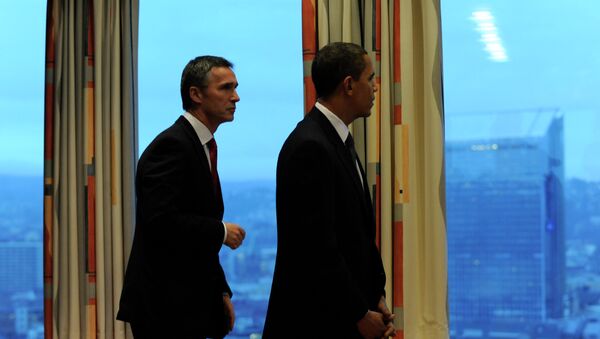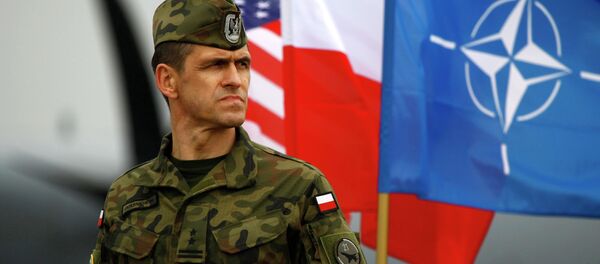"NATO is not just an organization; it is an instrument of Washington's foreign military policy [meant to] project [American] power on the European continent," he said.
Ermakov added that "NATO officials consider the bloc's expansion an open-ended process" – something Russia is strongly against. The bloc's latest expansion has taken place this year as Montenegro was formally invited to join, much to Moscow's discontent.
The expansion comes at a time when relations between Russia and NATO have become increasingly strained. The North Atlantic Alliance has used anti-Russian rhetoric to beef up its military presence in Eastern Europe and the Baltics. Moscow has insisted that NATO's muscle-flexing close to its borders risks undermining regional security and stability.
Ermakov maintained that the anti-Russian stance is used to convince some NATO members that there is a real threat to their security and they need to invest more in defense. This is the main reason behind a common refrain that the bloc needs to reinforce its collective security, particularly on its eastern flank, due to Moscow's supposedly "aggressive" behavior.
"I think that the issue of collective security has been raised because the alliance is not monolithic," he noted. "Some of its members need to be persuaded to spend more on defense. This would allow the bloc to develop infrastructure close to Russia's borders."



